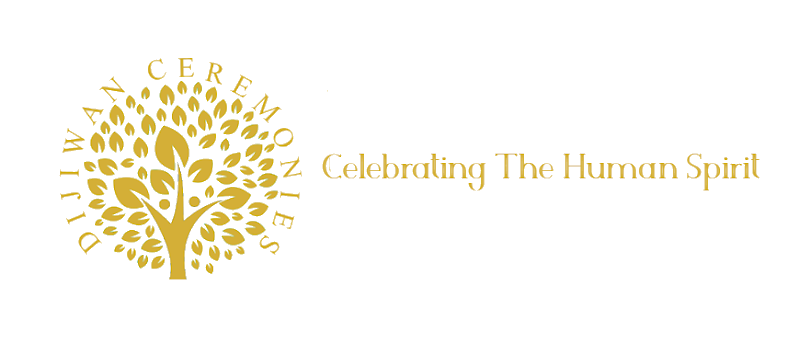A Better Welcome
The image and quote above are from the 2014 Cosmos series, narrated by astrophysicist Neil deGrasse Tyson. The first anatomically modern humans evolved about 300,000 years ago, long before our species developed writing or any of the other accoutrements of civilization. For 18,000+ generations, human beings faced plagues and famines without any guidance regarding basic hygiene, effective resource management, or really anything else. It was a slow slog of figuring things out, interspersed with setbacks from natural and human-made disasters. Advancement was so slow that over the course of hundreds of years people tended to live much as their ancestors did. All that began to change over the past 200 years.
When a child is born we immediately set about socializing it. We establish day/night cycles and a feeding schedule for the child. We interact with it, helping its development along as a distinct person. By age 1 it's probably cooing out its first words, and within just a few years, the child is running around, asking a million questions, and ready to head to school. We pass along to our children what we know, or at least what we think we know.
Whenever it was that our distant ancestors first looked to the stars and wondered, or contemplated that death will eventually come for each one of us, cognition was sparked to life in us. Unlike a child born to us now, there was no one there to greet the first of our kind, when they were distinct enough to be identifiable as such. Over the course of millennia, humans have struggled to survive but also to learn and gain mastery over ourselves and the world around us. This has led to wars and environmental disaster, to be sure, but also to soaring heights of art, philosophy, mathematics, and scientific discovery.
We are for newborns what our most ancient ancestors never had. We are guides and caregivers. We set boundaries for the sake of safety, impart knowledge and values, and in the best of circumstances encourage one another on to success in life, however that might be measured. It makes sense, then, that cultures around the world have rituals of welcome for infants, and coming of age for youth and young adults.
In many Christian denominations there are sacraments of infant baptism and confirmation, while others have infant dedication and a later baptism by immersion when the child is older. Among Jewish people there is bris, the circumcision of male infants, and later either a bar mitzvah (for boys), bat mitzvah (for girls), or a b'nai mitzvah (gender neutral). Other religions and cultures have milestone events for similar periods of a young life. There is no reason for the religiously unaffiliated to do without such special occasions. Humanist celebrants can assist with a baby naming or child welcoming as well as age of reason and coming of age ceremonies.
However we introduce young people to the world, and vice versa, we can always do it thoughtfully and with intention. And if we feel that we didn't have the same when we were children, there's always the possibility available to us of giving a better welcome to the next generation.

